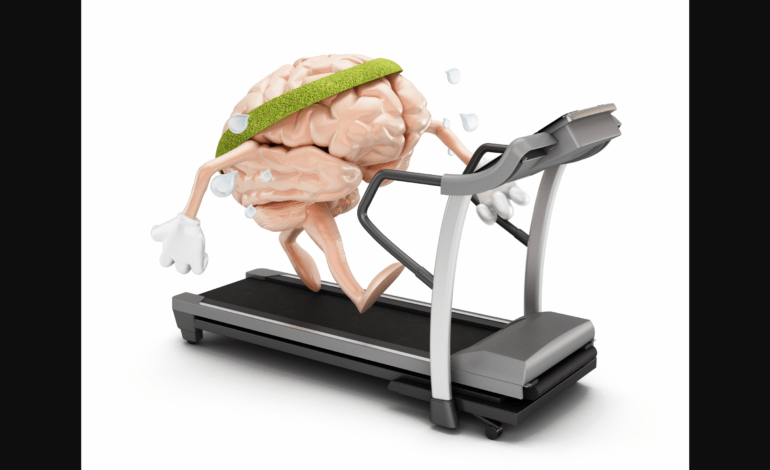
Mental exercise may reverse age-linked brain chemical decline, new study finds
By: Dr. Avi Verma
Engaging in targeted mental exercises could help restore levels of a key brain chemical that typically falls with age, according to new research led by scientists at McGill University in Montréal. McGill University+2JMIR Games+2
What the Study Found
In a 10-week trial involving 92 healthy adults aged 65 or older, participants who performed 30 minutes of rigorous cognitive training each day exhibited a 2.3 percent increase in cholinergic activity—a chemical system in the brain tied to learning, memory and attention—within a region called the anterior cingulate cortex. McGill University+1
By contrast, participants who played more passive computer games (such as solitaire) showed no significant change. The authors note that a decline of about 2.5 percent per decade is typical for this chemical system as people age. KCRA
The lead investigator, neurologist Étienne de Villers-Sidani, said the finding marks the first human evidence that brain training can up-regulate this neurotransmitter system to levels “typically seen in someone 10 years younger.” McGill University
Why It Matters
The cholinergic system—specifically the neurotransmitter acetylcholine and its associated receptors—is known to decline with both normal aging and more sharply in conditions like Alzheimer’s disease. JMIR Games+1
Even modest increases in this system may support better attention, memory, and cognitive flexibility—a promising result for older adults looking to protect brain health. As neuroscientist Michael Hasselmo (not part of the study) noted, “even small increases in acetylcholine can have a profound and notable effect” in older brains. KCRA
Important Caveats
- The study size was modest and the effect size, though statistically significant, remains small. Experts caution that more replication is needed before broad clinical claims can be made. KCRA+1
- The participants were healthy older adults; whether these results extend to those with cognitive impairment or dementia remains unproven.
- The training used in the study was highly structured and targeted (e.g., speed-based tasks via an app) rather than casual brain games. Thus, generalizing results to all “brain-training” apps should be done carefully. McGill University
Practical Take-aways for Brain Health
- Older adults may benefit from purposeful, structured cognitive tasks (such as speed/attention drills) in addition to general healthy habits (exercise, balanced diet, good sleep) that support brain function.
- Diversifying brain-health activities is wise: learning a new skill, playing a challenging instrument, or following targeted cognitive programs may help build “cognitive reserve.” KCRA
- Consider consultation with a healthcare provider if you are using cognitive training in the context of memory concerns or early cognitive decline.
Disclaimer: The information presented here is for educational purposes only and does not constitute medical advice. Before beginning any new exercise or cognitive training program—especially if you have existing health conditions—please consult a qualified healthcare professional.